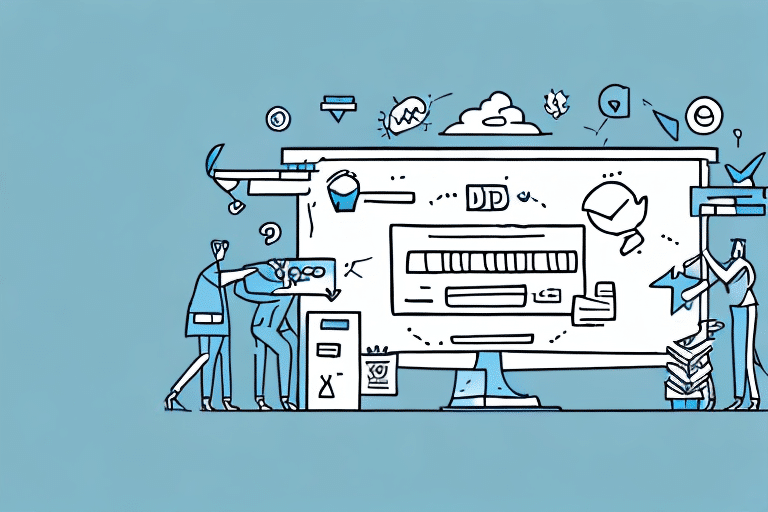5 Mistakes to Avoid When Scaling Your Ecommerce Business
Scaling your ecommerce business is a pivotal strategy for achieving long-term growth and success. However, it's essential to approach this expansion thoughtfully to prevent common pitfalls that can hinder your progress. This article delves into five critical mistakes to avoid when scaling your ecommerce business, offering strategies to overcome these challenges and ensure sustainable growth.
1. Underestimating the Importance of Strategic Planning
One of the primary mistakes businesses make when scaling is the lack of comprehensive strategic planning. Without a clear roadmap, scaling efforts can become chaotic and inefficient.
Setting Realistic Goals
Establishing attainable and measurable goals is crucial. According to a study by BMC Software, businesses that set specific goals are 10 times more likely to achieve them. Break down your objectives into smaller, actionable steps and monitor progress regularly to stay on track.
Resource Allocation
Effective allocation of resources ensures that your business can handle increased demand without compromising quality. Assess your current resources and forecast future needs to avoid overextending your capabilities.
2. Neglecting Customer Retention
Focusing solely on acquiring new customers while ignoring existing ones can be detrimental. Customer retention often costs less and yields higher returns compared to customer acquisition.
Implementing Loyalty Programs
Loyalty programs incentivize repeat purchases. Research from Harvard Business Review indicates that increasing customer retention rates by 5% can boost profits by 25% to 95%.
Personalizing Customer Experiences
Personalization enhances customer satisfaction. Utilize data analytics tools like Google Analytics to understand customer behavior and tailor experiences accordingly.
3. Inadequate Supply Chain Management
A robust supply chain is vital for scaling effectively. Inadequate management can lead to delays, increased costs, and compromised product quality.
Optimizing Inventory
Implement inventory management systems such as Shopify to track stock levels and forecast demand accurately. This minimizes overstocking and stockouts.
Building Strong Supplier Relationships
Maintaining good relationships with suppliers ensures reliability and flexibility. Consider diversifying your supplier base to mitigate risks associated with dependency on a single source.
4. Overlooking the Role of Technology
Embracing the right technology can streamline operations and enhance efficiency, which is crucial for scaling.
Adopting Ecommerce Platforms
Platforms like Shopify and Magento offer scalable solutions that grow with your business, providing essential features such as inventory management, customer analytics, and automated marketing tools.
Utilizing Marketing Automation
Marketing automation tools like HubSpot can help manage campaigns, segment audiences, and personalize marketing efforts, improving efficiency and effectiveness.
5. Poor Financial Management
Effective financial management is critical to sustain growth. Poor handling of finances can lead to cash flow problems and limit your ability to invest in necessary areas.
Budgeting and Forecasting
Create detailed budgets and financial forecasts to anticipate expenses and revenue streams. Tools like QuickBooks can assist in maintaining accurate financial records and forecasting future financial needs.
Managing Cash Flow
Ensure you have sufficient cash flow to support scaling activities. Monitor accounts receivable and payable diligently, and consider options like business credit lines to bridge any gaps.
Conclusion
Scaling an ecommerce business involves navigating various challenges, but by avoiding these common mistakes, you can pave the way for sustainable growth and long-term success. Focus on strategic planning, customer retention, supply chain optimization, technology adoption, and robust financial management to build a scalable and resilient business model.




















